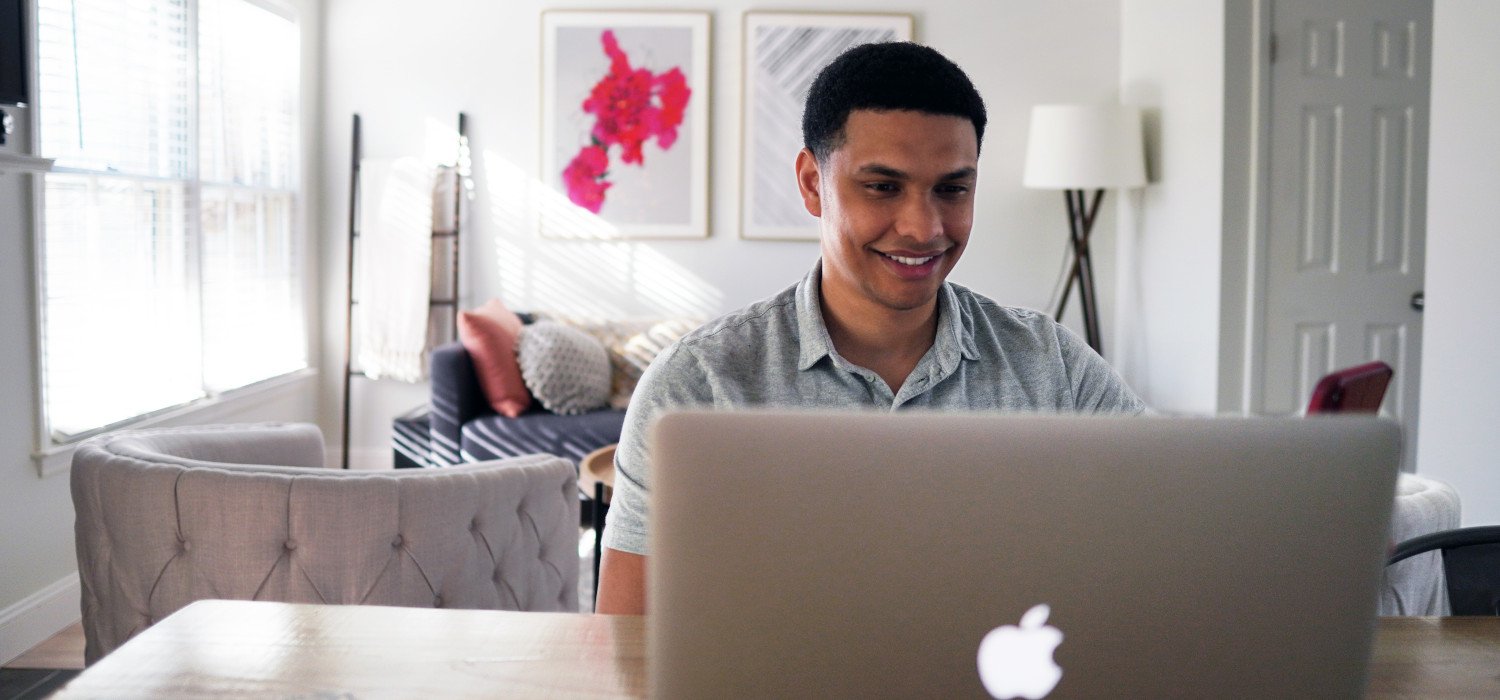You've probably heard many times already that personal branding is important. This is especially true for freelancers. We'll show you why this is so, how you can strategically build your personal brand, and which channels are worthwhile.
Why personal branding helps freelancers
When you're a freelancer, you don't act on behalf of a specific company, but only for yourself. So you can't rely on the reputation of an employer, but on the other hand you're not restricted by specifications either. You decide how you present and position yourself. So it's a great opportunity, but also a challenge!
Why should you even bother with personal branding as a freelancer? After all, you could just look for jobs without dealing with your public representation. But a personal brand brings you several advantages:
- Clients come to you: Because of your visibility, you don't have to apply for projects. Instead, potential clients think of you directly and contacts from your network recommend you.
- Positioning as an expert: Being known for your topic automatically strengthens your credibility. Customers are more likely to hire you and trust you. You can also charge higher fees.
- Target the right audience: When you become visible, the likelihood that clients you'd like to work with will contact you increases. They already have an impression of you and can assess whether you will be a good fit.
Want to learn more about client acquisition in general? Check out the article for all the info.
How to find your personal brand
At the beginning, you should ask yourself some questions. The answers to these will lead you to your personal brand. For example, ask yourself:
- What topics do I want to stand for?
- What are my core competencies?
- Which customers do I want to work with?
- What do I want people to think of when they hear my name?
- How do I work?
- What is my mission?
- What makes my results stand out?
- What are my values?
As you take notes, an image will start to form: the brand essence of your personal brand. Maybe you haven't given the topic much thought yet. If so, now is a good opportunity to sharpen your profile. For example, do you want to stand for speed, reliability or creativity? Do you appeal primarily to start-ups or rather to large, established companies? Do you only work in a certain industry?
Based on these considerations, you can define your personal brand concisely in one sentence. This sentence gives you clarity, and you can also use it to introduce yourself, be it at events, on your website or on your social media channels.
Build a consistent and authentic personal brand
Freelancers who do personal branding showcase themselves. They don't stand for an external brand, but show potential clients and other contacts what it would be like to work with them. You should therefore always remain authentic. If you play a role, you run the risk of attracting the wrong clients.
Consistency is very important for your personal brand. For example, make sure you have a consistent layout to create recognition. Use the same photo or photos in a similar style on all channels. Work with a defined set of colors and perhaps have a logo designed. This will make you look more professional and provide a seamless experience when someone comes to your website from your LinkedIn profile, for example.
Channels for personal branding
You can use different channels for your personal branding as a freelancer. But be careful not to get lost. After all, you still want to work on projects and not spend most of your time on social media. It's always a good idea to have your own website, and you can also use one or two social media channels. When deciding, you should ask yourself where your target audience is most likely to be found and which channel you feel comfortable using.
Your own website is completely yours, and you are not dependent on a social network and its regulations and algorithms. On your site you can introduce yourself and your work, but also, for example, publish blog articles with which you position yourself.
When it comes to social media channels, these are some of the possibilities:
- LinkedIn: Highly recommended for personal branding as a freelancer, because that's where your clients (businesses) can be found. The focus is on business topics, but you can give them a personal touch. Learn how to create a successful profile here.
- Instagram: Works especially well if you prefer to communicate visually. It's also a great place to network with other freelancers. Instagram may be a less obvious choice for client acquisition, however, your clients are private individuals and may become aware of you on Instagram too.
- YouTube: If it suits you, you can position yourself as an expert via videos on YouTube. Make sure they fit your topic and are interesting for your potential customers.
- Twitter: The short messaging service is particularly useful for commenting on current events and responding to posts from others. It's all about speed. If that suits you and your customers are on Twitter, the network can be worthwhile.
- TikTok: Similar to Instagram, TikTok is used more privately, but of course potential customers are out and about here as well. The target group is younger, so you should check whether the network is suitable for your personal branding.
- Medium: The platform gives you the opportunity to publish articles. This is especially worthwhile if you already have a blog or write articles on LinkedIn. You can reuse them on Medium and draw attention to yourself without much effort.
A podcast might be interesting for you to build and strengthen your personal brand. This will give you expert status and give you the opportunity to meet interesting people whom you invite as guests.
Personal branding your way
Personal branding as a freelancer should not only be a means to an end for you, but also fun. Only then will you be authentic and successful. Find the mode and channels that suit you. And keep the right balance in mind: Don't spend so much time on personal branding activities that you don’t have enough left for your projects.
Check out this webinar recording, where Personal Branding Strategist Aiva Eiduka talks about the topic in more detail:





